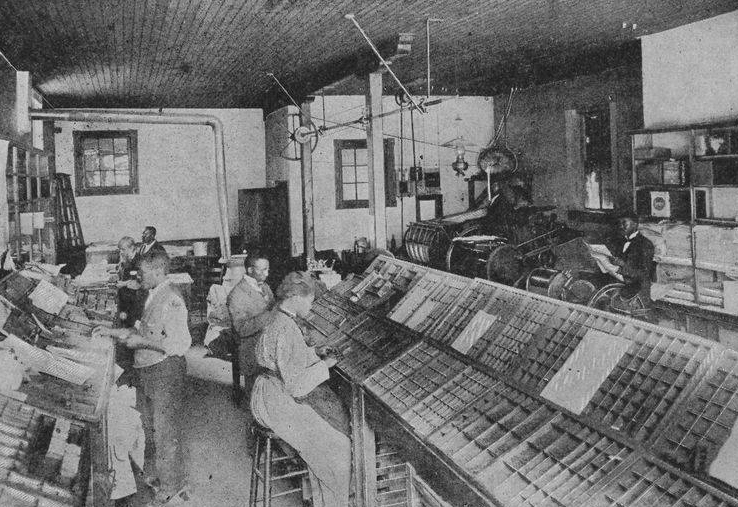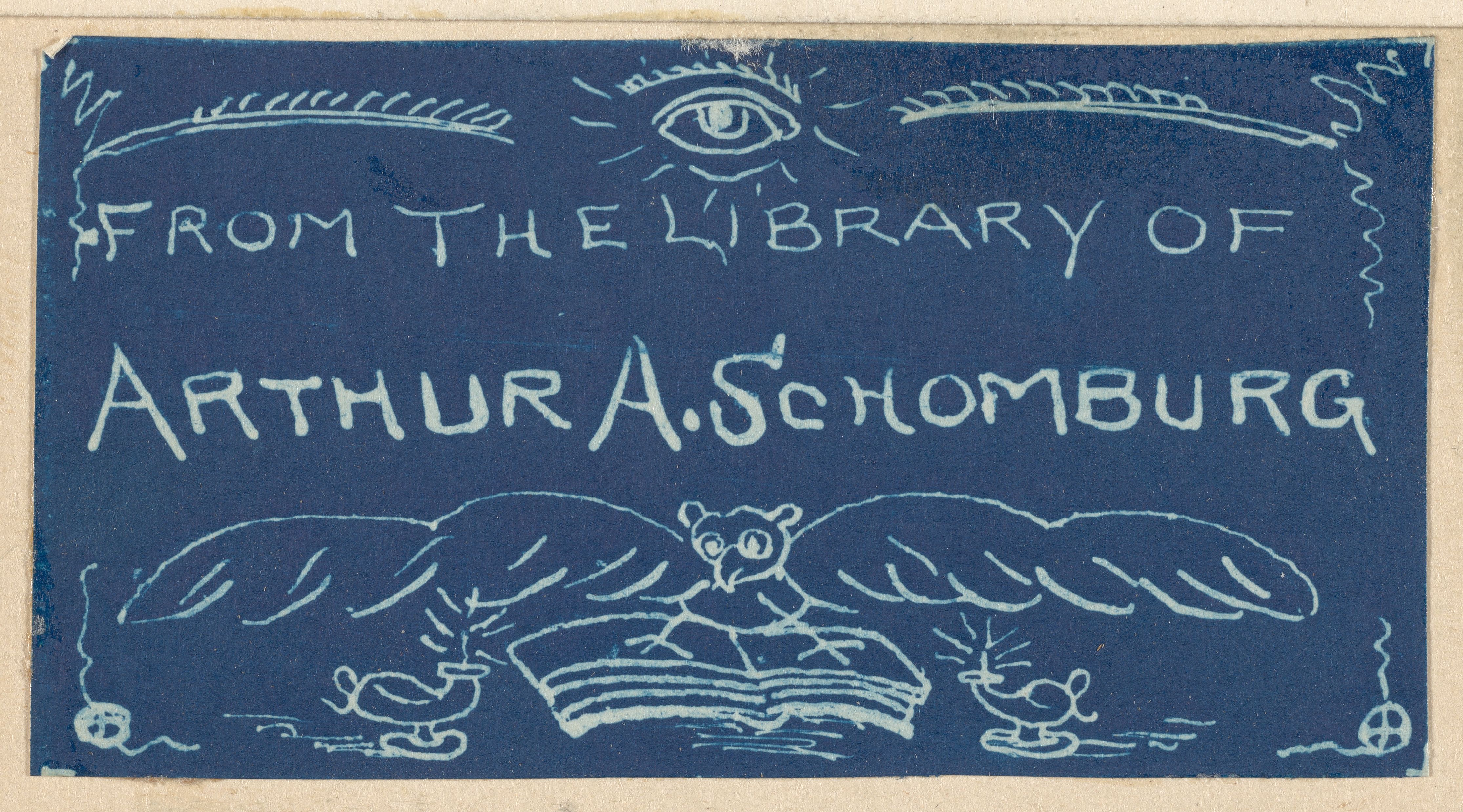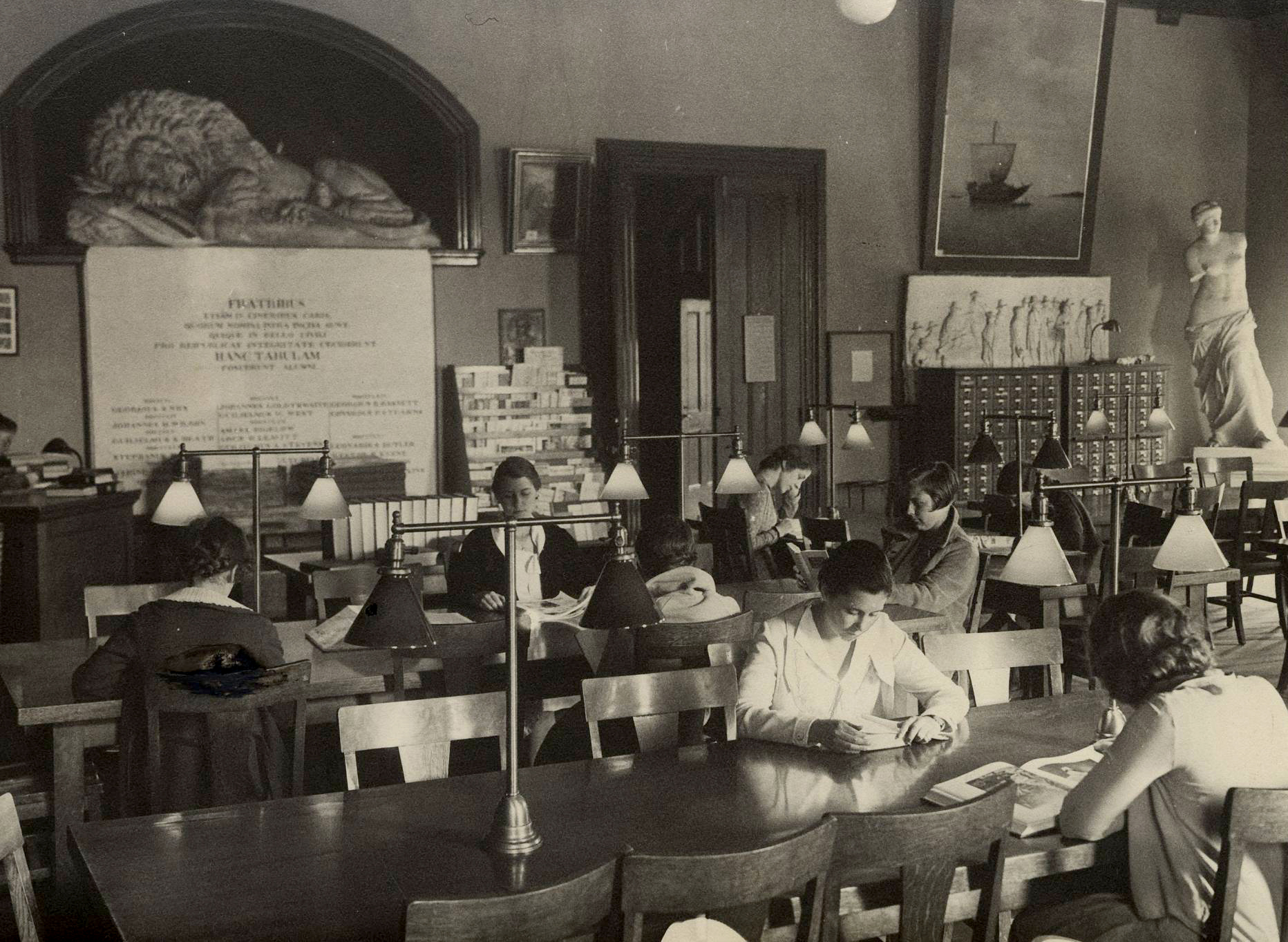Examine the lives of texts.
We find out what books are made of and why.
As a field of inquiry, bibliography understands texts as artifacts – like books, manuscripts, fragments, tactile texts, image-based texts, digital texts, and more – that reflect the people and cultures that created, acquired, and exchanged them.
The BSA is a membership organization, open to all. Our members study, learn, and share knowledge derived from the close physical analysis of material artifacts in interdisciplinary and interprofessional settings: in libraries, universities, museums, the book trade, and as collectors. Bibliographers study the media and technologies that carry texts to readers, focusing on the relationship between form and content. Why does this text look the way that it does?
Isn’t bibliography about lists of books?
Yes, and so much more! There are several different approaches to bibliography: enumerative (lists!), descriptive, historical, analytical, and critical. The BSA values all of them. Our programs, and especially our journal, The Papers of the Bibliographical Society of America (PBSA), focus mostly on historical, analytical, critical, and descriptive bibliography.
Mission
The Bibliographical Society of America is an international, interdisciplinary scholarly organization that fosters the study of books and other textual artifacts in traditional and emerging formats. BSA pursues this mission by hosting public programs, funding scholarly research, conferring awards, issuing publications, and collaborating with related organizations. The Society is committed to adopting policies and procedures that support and promote equity and inclusion in all of our programs, and to providing equal access to our events and electronic resources to people with disabilities and other access needs.
What the BSA does
Fellowships foster cutting-edge research with grants of $3,000 and up.
Book Prizes recognize achievements in recent bibliographical scholarship.
Events all year, including our annual meeting, bring bibliographers together to learn and build community.
Peer-reviewed scholarship makes the latest research accessible to readers around the world.
Interior view of Printing Department, Eastern Tennessee Industrial School, 1903. Courtesy of the New York Public Library.
Values
We are committed to the field of bibliography as a critical interpretive framework for understanding books and other textual artifacts and to bibliography’s enduring relevance to textual analysis.
We value the study of bibliography and the integration of bibliographical knowledge in a variety of academic, professional, and public settings.
We pursue collaborative, interdisciplinary relationships with cognate professional, scholarly, and bibliophilic organizations.
The Bibliographical Society of America seeks to build a community that embraces academic and non-academic constituencies, students, junior scholars, senior researchers, and all those interested in material texts. All are welcome as members of the Society, on its council, committees, and working groups, and as beneficiaries of or participants in its varied programs regardless of (in alphabetical order) ability, age, citizenship status, ethnicity, gender, gender expression and identity, income level, nationality, physical appearance, race, religion, sexual orientation, or technical experience.
Pactolus Prime: Bookplate. (Bookplate of Arthur A. Schomburg). Image courtesy of the Schomburg Center for Research in Black Culture, New York Public Library.
Students working in the old Memorial Hall Library. Courtesy Colby College Archives.
Governance, bylaws, & strategic pillars
The BSA is a 501(c)(30 non-profit organization (Tax ID: 13-1632509). The Society is governed by a board (the “Council”) and committees oversee many aspects of BSA’s programs. Members can shape the organization’s direction and activities by getting involved in one or both.
In 2023, the Council developed a set of strategic pillars designed to guide leaders. Drawing on the Society’s mission and values, the strategic pillars orient the BSA toward programmatic initiatives that highlight the organization’s role as a connector, cultivator, and catalyst in the field of bibliography.
Equity Action Plan
The BSA’s Equity Action Plan (EAP) is intended to address long-term issues of inequality within our Society. The council and officers of the BSA voted unanimously on 31 October 2020 to approve the EAP. Since then, the Society has issued quarterly reports on work toward achieving goals set in the EAP in the Society Information section of our journal, The Papers of the Bibliographical Society of America.



